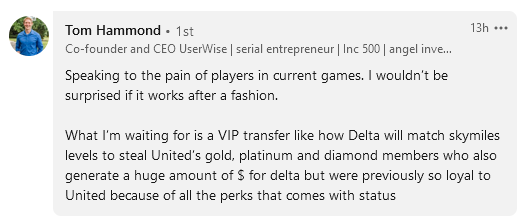I see a lot of professionals getting a name in the industry working on successful projects. Then they decide to go indie. And they do the exactly same thing they were doing at the mother company, but with less resources. After a while, they return back to some corp. Classic.
One of the things I always suggest to the people I mentor is this: do not remake things you already did before. I am not sure it is the right way of thinking, honestly. It is just mine.
To me, remaking stuff is always a mistake. Maybe the thing you want to remake is an old experiment that failed for some reason. Learn from it and do something else, don’t try to take shortcuts or you will repeat other errors you did for that same experiments that were eclypsed by the major errors.
If a project was successful, instead, it probably was for a bunch of reasons. It wasn’t just your work and effort, but also the timing and the context of that time. If you decide to invest your time and effort for a new project, try always to push your boundaries instead. It is usually a better choice.
